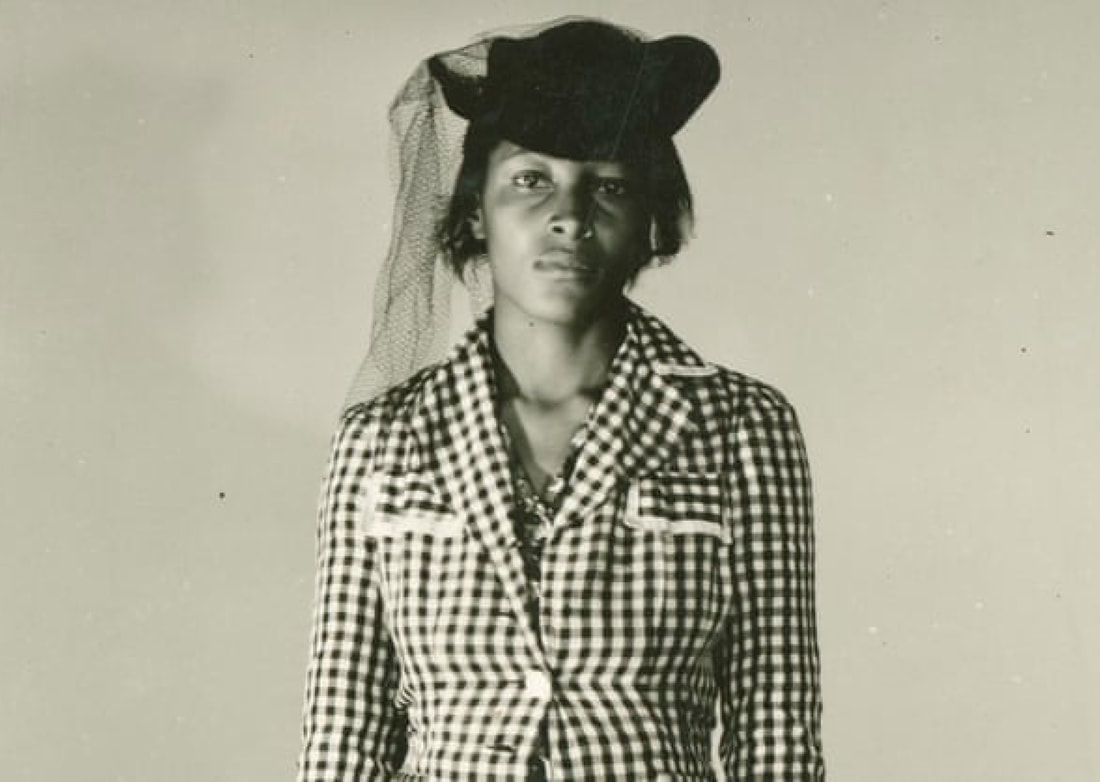|
REVIEW BY
Estelle Ball ONLINE November 2018 |
THE RAPE OF RECY TAYLOR is an uncomfortable but deeply important film that tells the harrowing story of the kidnapping and gang rape of African American Recy Taylor in the 1940s Deep South. The film chooses not to dwell on the violence against Taylor but instead on the fight she faced in its aftermath and how her tragedy started the ripples that would become the waves of the Civil Rights Movement, which forever changed the political face of America. The documentary builds the world of Recy Taylor through a mixture of talking heads with family members and industry professionals, home footage and excerpts of “race” movies: films made by African American filmmakers for an African American audience, often depicting racial issues of the time. It focuses on her deep religion, sense of justice and her fight for the judicial prosecution of her seven young white male attackers.
The importance of this film does not lie solely in the story it tells but in the parallels it draws to the issues of race and violence against women in the 21st century. The primary emotion conjured is one of deep discomfort, mostly aimed towards the injustice we so clearly and unashamedly see. The police sherriff’s attempt to brand Recy as a prostitute is indicative of the sort of mistreatment her case was subject to and the not-guilty verdict placed upon her attackers, despite clear evidence, is far too common a case, even now. The concept of female autonomy is key to the discussions brought forth; a woman’s right to her own body and her own space within society has historically been subject to the men around her. Women have begun to take a stand and claim their place in society with a ferocity seen before only in the Women’s Suffrage Movement of the early 1900s. Without the bravery of women such as Recy Taylor and Rosa Parks -- a key figure in Taylor’s story and this documentary -- this modern protest may never have emerged. Through its use of evocative modern images, the film invites parallels to the 21st century fight of women and people of colour. One of the most powerful images is the now iconic picture of Iesha Evans, stood in front of riot police at a peaceful protest in Baton Rouge. The image appears as Crystal Feimster, Associate Professor of African American Studies at Yale, discusses Rosa Park’s involvement in the case and the importance of women in the Civil Rights Movement. Park’s inclusion in the case marks a turning point. Although the outcome is still unjust and unsatisfactory, it shows some adjustment in the public perception of the case and is a step towards the independence and power of African American women. This image is quickly followed by the mugshot of Sandra Bland, an African American woman who died in police custody as a result of suspected brutality. In drawing these comparisons, director Nancy Buirski reminds us that the battles being fought by Recy Taylor and Rosa Parks in the 1940s and 1950s are still being fought by women and people of colour to this very day. The fight is far from over. In many ways it feels like it has only just begun. THE RAPE OF RECY TAYLOR screened on Monday 12 November as part of Southampton Film Week 2018.
More reviews in the ARCHIVE >>> |


